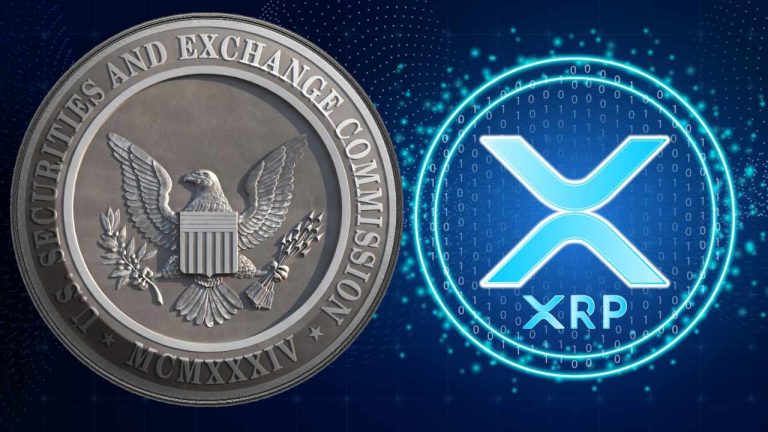Ripple’s Chief Legal Officer Breaks Down Ruling in SEC Lawsuit — Says ‘As a Matter of Law, XRP Is Not a Security’

Ripple Labs’ chief legal officer has broken down Thursday’s ruling on the U.S. Securities and Exchange Commission (SEC) v. Ripple case. Emphasizing that the landmark ruling is “a huge win” for the crypto firm, he stressed that “as a matter of law – XRP is not a security.” In addition, he noted that crypto sales on exchanges are also not securities.
Ripple Lawyer on SEC v Ripple Case Ruling
Ripple Labs’ chief legal officer, Stuart Alderoty, explained the ruling in the U.S. Securities and Exchange Commission (SEC) v. Ripple case in a series of tweets on Thursday. The lawyer wrote:
A huge win today — as a matter of law — XRP is not a security. Also a matter of law — sales on exchanges are not securities. Sales by executives are not securities. Other XRP distributions — to developers, to charities, to employees are not securities.
“The only thing the court found constitutes an investment contract is past direct XRP sales to institutional clients. There will be further court proceedings only on these institutional sales per the court’s order,” Alderoty added. The Ripple chief legal officer stressed:
The judge’s decision affirms so much of what this industry is fighting for, and shows that the SEC does not have unbounded jurisdiction over crypto … Maybe we can now start a rational conversation about crypto regulation in this country.
In a statement to Fox Business regarding the ruling, the SEC wrote: “We are pleased that the court found that XRP tokens were offered and sold by Ripple as investment contracts in violation of the securities laws in certain circumstances. The court agreed with the SEC that the Howey test governs the securities analysis of crypto transactions and rejected Ripple’s made-up test as to what constitutes an investment contract, instead emphasizing that Howey and subsequent cases have held that a variety of tangible and intangible assets can serve as the subject of an investment contract. Further, the court rejected Ripple’s fair notice argument, noting that the Howey test is clear and that claiming ignorance is not a defense to violating the securities laws. We’ll continue to review the decision.”
Many people slammed the statement by the SEC regarding the ruling. Paradigm’s chief legal officer, Katie Biber, tweeted: “SEC statement on Ripple has vibes of young campaign hack spinning on bad facts, vs powerful government agency expected to tell the truth. Do better.”
Alderoty concurred with Biber, tweeting in response: “Could not agree more with Katie Biber. Pathetic ‘statement’ coming from the SEC today. Take the loss. You earned it.”
Congressman Tom Emmer (R-MN), who has been a vocal advocate for clear crypto regulations, tweeted Thursday following the ruling:
The Ripple case is a monumental development in establishing that a token is separate and distinct from an investment contract it may or may not be part of. Now, let’s make it law.
What do you think about the explanation by Ripple’s chief legal officer, Stuart Alderoty, regarding the court ruling on the SEC v. Ripple lawsuit? Let us know in the comments section below.
Register now to receive up to $255 welcome bonus. Let cryptocurrency change your life Register now to receive up to $255 welcome bonus. Let cryptocurrency change your life